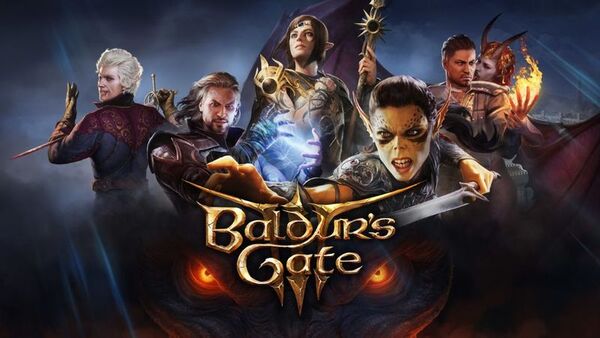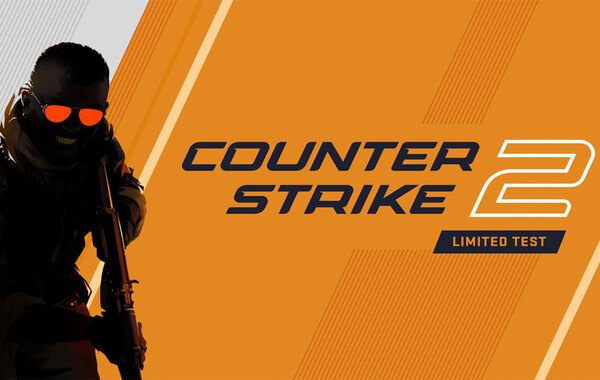Advertisement
Popular Now
Introduction
Since its inception, the FIFA franchise has been a cornerstone of sports gaming, allowing players to build and manage their favorite soccer teams. However, the introduction of FIFA Ultimate Team (FUT) has transformed the series into a lucrative platform for microtransactions, sparking controversy among players and critics alike. This article delves into the implications of microtransactions within FIFA, exploring their impact on gameplay, community dynamics, and the broader gaming landscape. Through examining various aspects of FUT, we will uncover how the balance between enjoyment and profit can sometimes tilt dangerously toward the latter.
The Birth of FIFA Ultimate Team
Early Days of Ultimate Team
FIFA Ultimate Team was first introduced in FIFA 09 as a mode that allowed players to create their teams using virtual trading cards. This innovative concept quickly captured the imagination of players.Key Features of FUT
- Card Packs: Players could purchase card packs to acquire players, consumables, and club items, simulating the experience of building a real soccer team.
- Squad Building Challenges: FUT introduced challenges where players could complete specific objectives for rewards, enhancing engagement.
Initial Reception and Growth
Initially, FUT was met with excitement and curiosity, as players enjoyed the novelty of team building and trading. Over the years, the mode evolved, becoming a central feature of the FIFA series.- Rising Popularity: By FIFA 15, FUT had garnered a massive following, significantly contributing to the franchise's revenue.
- Competitive Play: The introduction of competitive events further solidified FUT's status, attracting players who sought to prove their skills against others.
The Shift Toward Monetization
Increasing Reliance on Microtransactions
As FUT grew in popularity, EA Sports recognized the potential for monetization through microtransactions. This shift marked a turning point in the mode's design and player experience.The Pay-to-Win Controversy
- Competitive Advantage: Players who invested money into purchasing card packs often found themselves with stronger teams, leading to accusations of a pay-to-win system.
- Frustration Among Players: Many in the community expressed frustration, feeling that skill and strategy were being overshadowed by financial investment.
EA's Marketing Strategies
 To capitalize on the success of FUT, EA employed aggressive marketing strategies that encouraged players to spend more on microtransactions.
To capitalize on the success of FUT, EA employed aggressive marketing strategies that encouraged players to spend more on microtransactions.
- Limited-Time Offers: The introduction of special card packs during events created a sense of urgency, pushing players to make impulsive purchases.
- Celebrity Endorsements: Featuring popular athletes and influencers helped to create hype around FUT, drawing in new players eager to engage with the mode.
The Impact on Gameplay Experience
Changes to Player Engagement
The monetization of FUT has led to significant changes in how players engage with the game. While the initial allure of building teams remains, the experience has become increasingly transactional.Disruption of the Core Experience
- Card Collection vs. Gameplay: Players now often focus on acquiring cards rather than enjoying matches, shifting the emphasis from skill to financial investment.
- Skill Gap: The disparity between players who spend money and those who don't can create a frustrating skill gap, diminishing the competitive integrity of the game.
Community Divisions
The introduction of microtransactions has led to divisions within the FIFA community, with varying opinions on the direction of the game.- Whales vs. Free-to-Play Players: The term "whales" refers to players who spend substantial amounts of money, creating a divide between them and players who opt for a free experience.
- Toxicity in Competition: The competitive nature of FUT has led to toxicity, with players often resorting to insults or harassment based on perceived financial advantages.
The Psychological Effects of Microtransactions
Behavioral Economics at Play
Microtransactions exploit psychological principles that can influence player spending behavior. Understanding these tactics sheds light on why players are drawn to spend money in FUT.FOMO (Fear of Missing Out)
- Limited-Time Offers: The fear of missing out on special card packs or promotions can push players to spend impulsively, prioritizing immediate gratification over long-term enjoyment.
- Social Pressure: Players may feel pressured to spend in order to compete with friends or online rivals, further entrenching the cycle of spending.
Addiction and Spending Habits
 The allure of acquiring new cards and improving teams can lead to addictive behaviors, with some players spending beyond their means.
The allure of acquiring new cards and improving teams can lead to addictive behaviors, with some players spending beyond their means.
- Dopamine Response: The excitement of opening card packs triggers a dopamine response, reinforcing the desire to continue spending.
- Spending Traps: Some players report falling into spending traps, where they find themselves investing increasingly larger amounts of money in pursuit of elusive cards.
Regulatory Scrutiny and Community Response
Growing Concerns Over Loot Boxes
As the conversation around microtransactions in gaming intensified, concerns over loot boxes and their potential classification as gambling emerged.Legal Challenges
- Government Inquiries: Various governments, including those in the EU and the US, began investigating whether loot boxes should be regulated or classified as gambling.
- ESRB Ratings: The Entertainment Software Rating Board (ESRB) introduced new ratings to indicate the presence of in-game purchases, aiming to inform players and parents.
Community Activism
In response to the monetization practices of EA Sports, segments of the FIFA community began advocating for change.- Petitions and Protests: Players organized petitions calling for a re-evaluation of FUT's monetization model, highlighting the impact on gameplay and enjoyment.
- Social Media Campaigns: Social media platforms became a battleground for discussions about the ethics of microtransactions in FIFA, with many voicing their discontent.
The Future of Microtransactions in FIFA
EA’s Response to Community Feedback
In light of growing criticism, EA Sports has made some attempts to address community concerns regarding microtransactions in FUT.Adjustments and Transparency
- Increased Transparency: EA has committed to being more transparent about how microtransactions work, providing clearer information about odds and card acquisition.
- Changes in Pack Pricing: In response to backlash, the company has adjusted pricing structures for card packs in some regions, attempting to make them more accessible.
Potential Solutions
While some changes have been made, there is still much work to be done to create a fair and enjoyable environment in FUT.- Skill-Based Rewards: Implementing a system where rewards are based more on player skill rather than financial investment could level the playing field.
- Alternative Modes: Developing alternative game modes that do not rely on microtransactions could attract players seeking a more balanced experience.
















